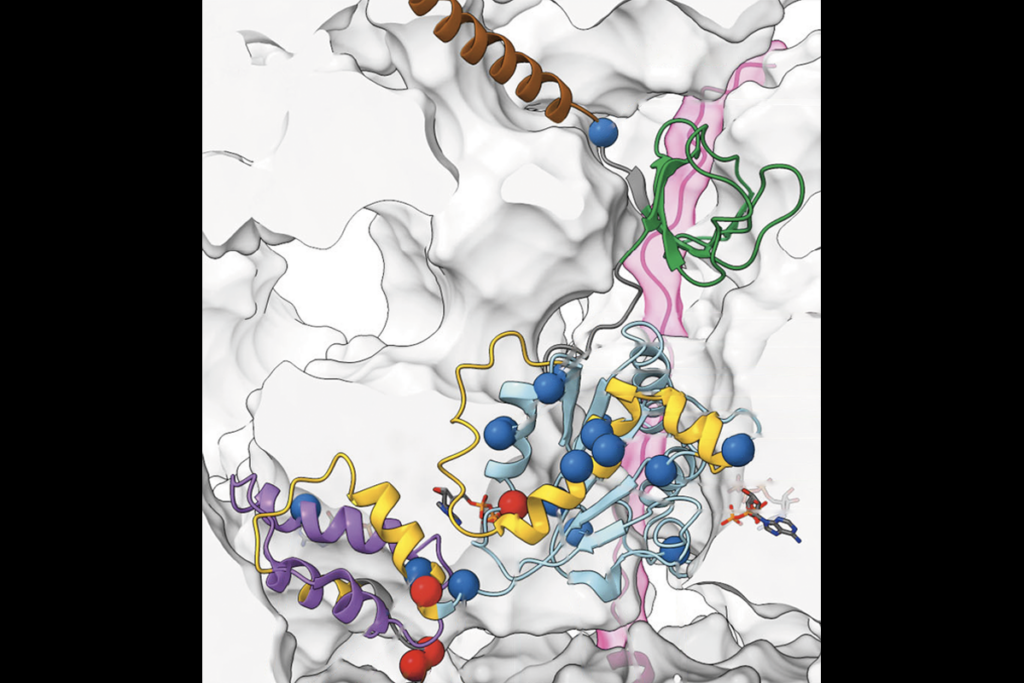Clinical research: Premature birth raises risk of autism
The risk of developing autism increases for every week short of 37 weeks of gestation, according to a large epidemiological study published 1 September in The Journal of Pediatrics.
The risk of developing autism increases for every week short of 37 weeks of gestation, according to a large epidemiological study published 1 September in The Journal of Pediatrics1.
Studies have shown that babies born preterm and those that are smaller than average have an elevated risk of developing autism. These studies tend to use different cutoffs to define prematurity, making it difficult to combine and analyze the data, the researchers say.
The studies also often look only retrospectively at the gestational period of individuals with autism, instead of sampling babies at birth and following their outcome.
In the new study, the researchers looked at 273,343 births in Alberta, Canada, from 1998 to 2004. They grouped individuals by the number of weeks of gestation.
Overall, 17,830 babies were born premature, defined as anytime short of 37 weeks of gestation. The risk of developing autism is inversely proportional to the length of gestation, the study found. For example, 8 of 657 (1.22 percent) preterm babies born before completing 28 weeks of gestation have autism compared with 80 of 13,108 preterm babies (0.61 percent) born between 33 and 38 weeks.
For babies born full term, or between 37 and 41 weeks of gestation, 0.5 percent have autism. Researchers see the same prevalence in babies born after 41 to 43 weeks.
Overall, the prevalence of autism in preterm babies is 0.52 percent. This risk is only slightly higher than the prevalence in babies born full term. This may be because most of the preterm babies were born close to 37 weeks of gestation, the researchers say.
Further experiments can determine whether prematurity is a cause or consequence of autism, the researchers say. Fetal exposure to stress or infection increases the risk of developing autism, suggesting that pregnancy is a window of vulnerability for the disorder.
References:
1: Leavey A. et al. J. Pediatr. Epub ahead of print (2012) PubMed
Recommended reading

Glutamate receptors, mRNA transcripts and SYNGAP1; and more

Among brain changes studied in autism, spotlight shifts to subcortex
Explore more from The Transmitter

AI-assisted coding: 10 simple rules to maintain scientific rigor

Frameshift: Shari Wiseman reflects on her pivot from science to publishing

